
Beijing secretly invited former Hong Kong No 2 Anson Chan to meet Chinese premier Li Peng in 1993, after collapse of Sino-British talks on electoral reform
- Recently declassified British files show UK also tried to establish dialogue between city’s then chief secretary and Chinese government
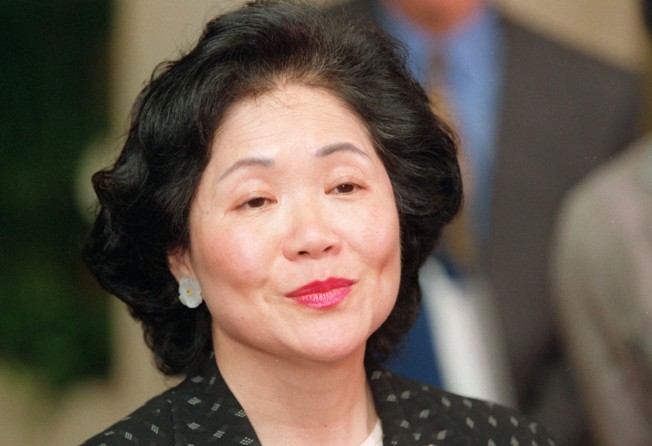
While she is now known as a pro-democracy figure and an outspoken critic of Beijing, Hong Kong's former No 2 official Anson Chan Fang On-sang was once the person the Chinese government secretly reached out to after the breakdown of Sino-British talks on electoral reform in the city.
Recently declassified British files show that in 1993, Beijing invited Chan, who was chief secretary at the time, to meet Chinese premier Li Peng, just weeks after negotiations collapsed. Documents from the UK Prime Minister’s Office revealed that the United Kingdom had also sought to establish dialogue between her and the Chinese government, although Beijing did not follow up on its invitation afterwards.
In a note to Roderic Lyne, private secretary to then British prime minister John Major on March 23, 1994, J.S. Smith, private secretary to then foreign secretary Douglas Hurd, wrote that there was a reasonable chance of restoring a “business-like relationship” between China and the UK on matters other than arrangements for Hong Kong’s elections in 1994 and 1995.
“We are planning a series of modest steps to signal to the Chinese our willingness to do business where that would benefit us both,” Smith wrote. “This will include an attempt to resuscitate the idea of a dialogue between the chief secretary in Hong Kong and the Chinese government.”
“The Chinese confidentially invited her [Anson Chan] in December [1993] to meet Li Peng but did not follow it up,” Smith wrote.
Political commentator Johnny Lau Yui-siu said that at the time, Beijing had been eager to communicate with Chan, who was seen as a possible candidate to become the first post-handover chief executive, and was observing her political inclination.
The records, which were declassified this week from Britain’s National Archives in London, did not elaborate on why Beijing had extended the invitation to Chan or the reasons for not following up afterwards.
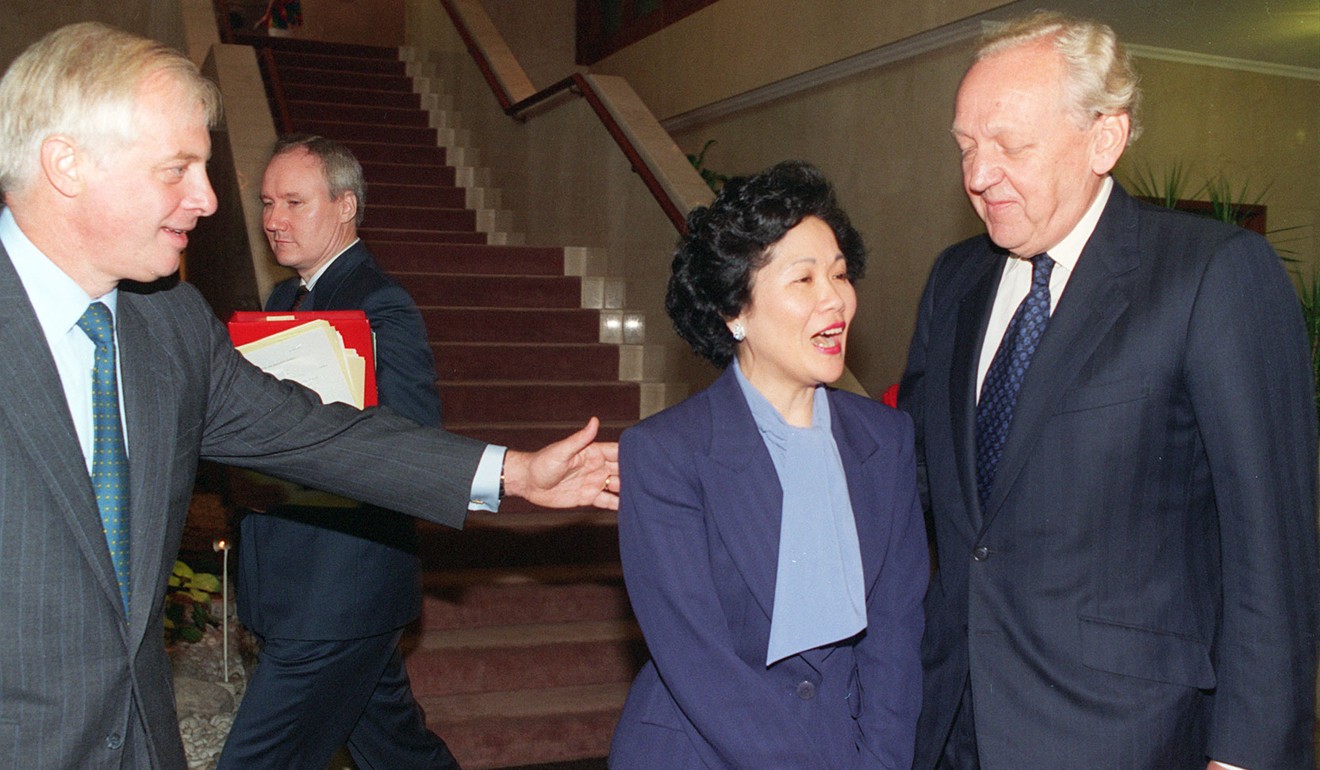
From April to November 1993, diplomats from the Chinese and British governments held 17 rounds of talks over then governor Chris Patten’s electoral reform package, which gave more than a million electors a vote in nine new functional constituencies. The controversial proposal angered Beijing, which argued that the plan breached the Basic Law – the city’s mini-constitution – and Sino-British agreements.
The negotiations broke down in November 1993, and the “through-train” arrangements – under which the members of Hong Kong’s last Legislative Council were to become members of the Special Administrative Region’s first legislature – were derailed.
Despite the collapse of the talks on electoral reform, the British government was eager to cooperate with Beijing on issues relating to Hong Kong, such as the financial arrangements for the new airport in Chek Lap Kok.
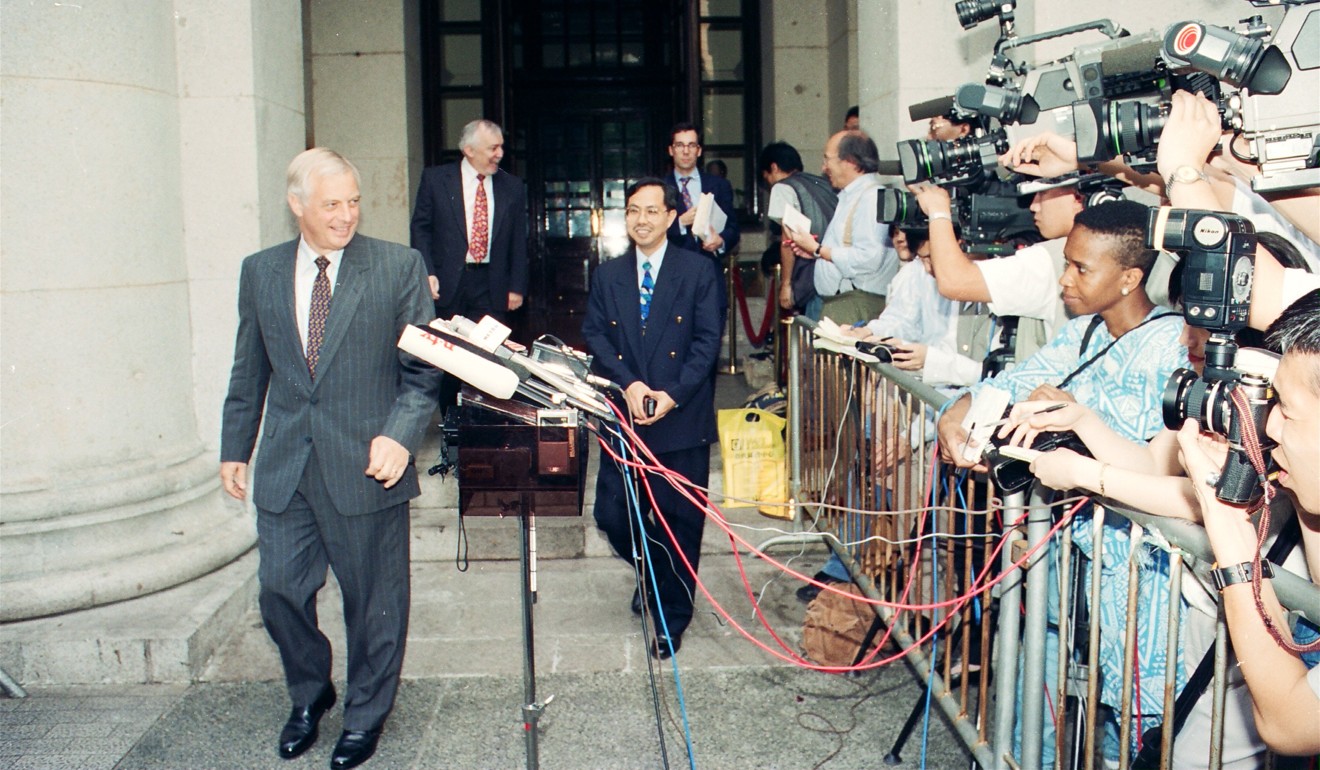
In November 1993, Chan became the first Chinese person to take up the post of chief secretary in Hong Kong. She held the No 2 position in the Hong Kong government until 2001.
Beijing branded Patten as “a sinner for 1,000 years” over his electoral reform package and avoided doing business with him.
In response to an inquiry from the Post, Chan said she had no recollection of ever receiving an invitation to meet Li Peng, nor did she know why the Chinese government had not followed up on the invitation.
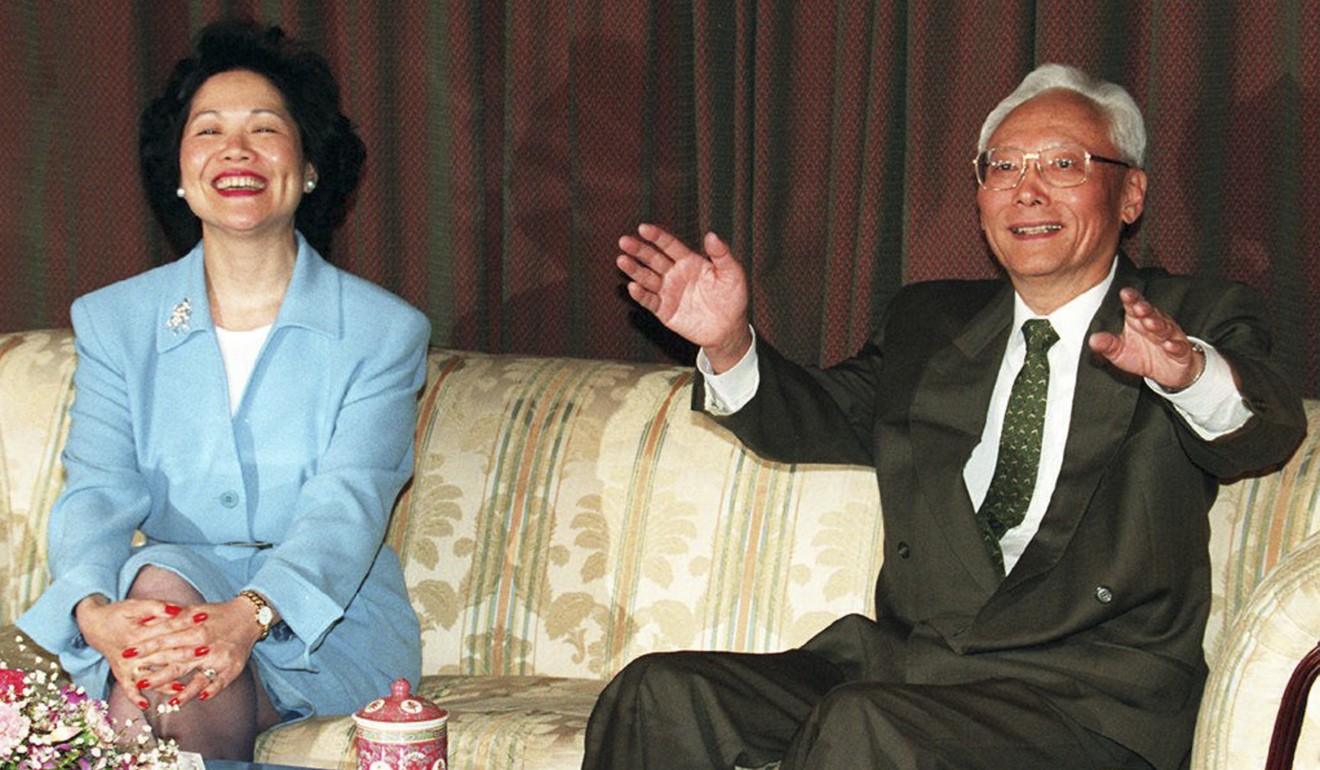
Despite being seen as a leading candidate for the chief executive role, Chan remained as chief secretary after the handover.
From June 30 to July 2 in 1995, Chan paid a secret three-day visit to Beijing, during which she met then vice-premier Qian Qichen and Hong Kong and Macau Affairs Office director Lu Ping.
Chan said after the visit she had told senior Chinese officials that all policy secretaries in Hong Kong met the criteria to serve beyond 1997.
She resigned in 2001 and won the Legco by-election in 2007 with the backing of the pan-democratic camp, defeating former security minister Regina Ip Lau Suk-yee. Chan did not seek re-election the following year.
Patten told the Post he had no recollection of the Chinese government’s invitation to Chan.
“I would have been very happy for the Chinese government to have met Mrs Chan at any time, or to have met them myself,” he said.
Johnny Lau said Beijing’s invitation showed that it did not consider Chan to be an irredeemable “mandarin of the departing colonial regime” then.
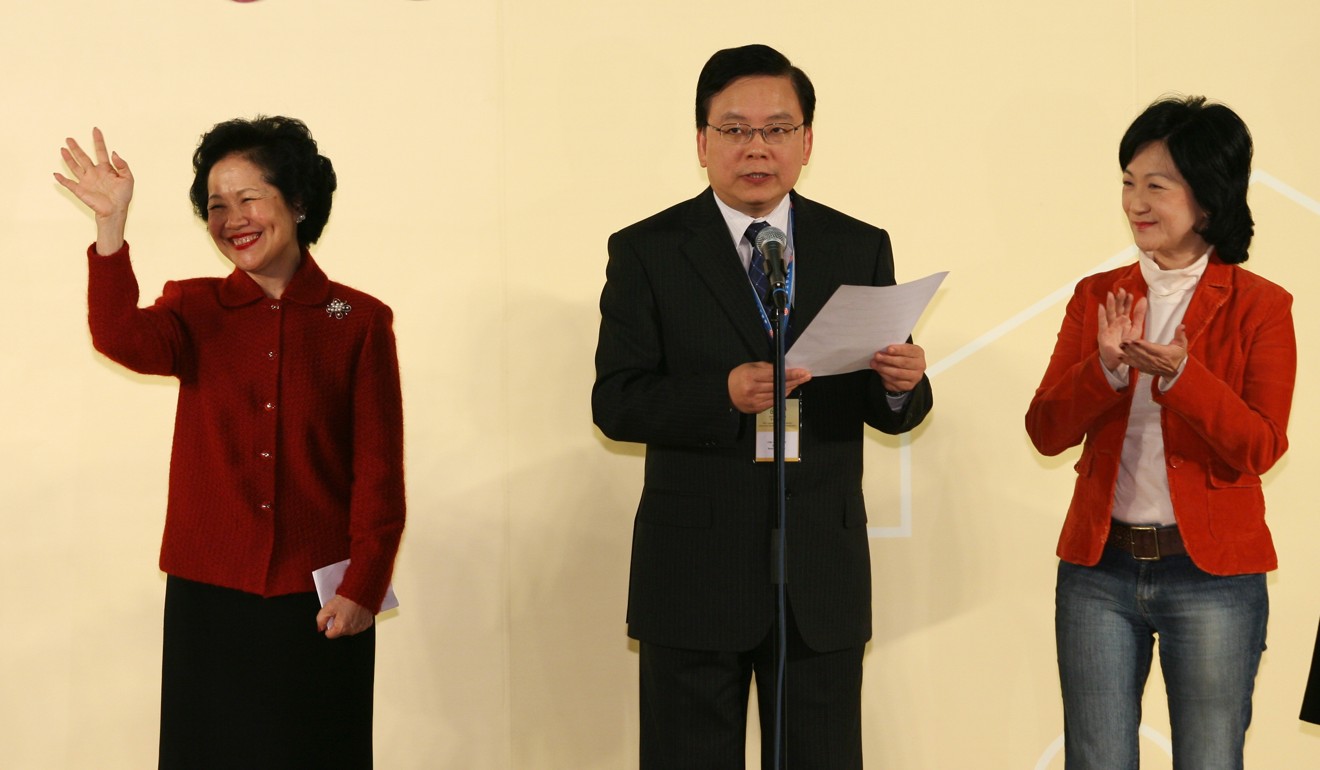
“Chan was the highest-ranking Hong Kong official of Chinese descent at the time. Beijing was still observing her political inclination,” Lau said. “Beijing was stepping up its united front offensive towards senior Hong Kong officials in the run-up to the 1997 handover.”
Lau said he understood that Chan was on the list of 17 possible candidates compiled by Beijing in 1994 for Hong Kong’s first chief executive.
“Beijing’s invitation to Chan might have been conveyed in a subtle or informal manner, or relayed by middlemen. It is understandable that Chan said she had no recollection of such an invitation,” Lau said.